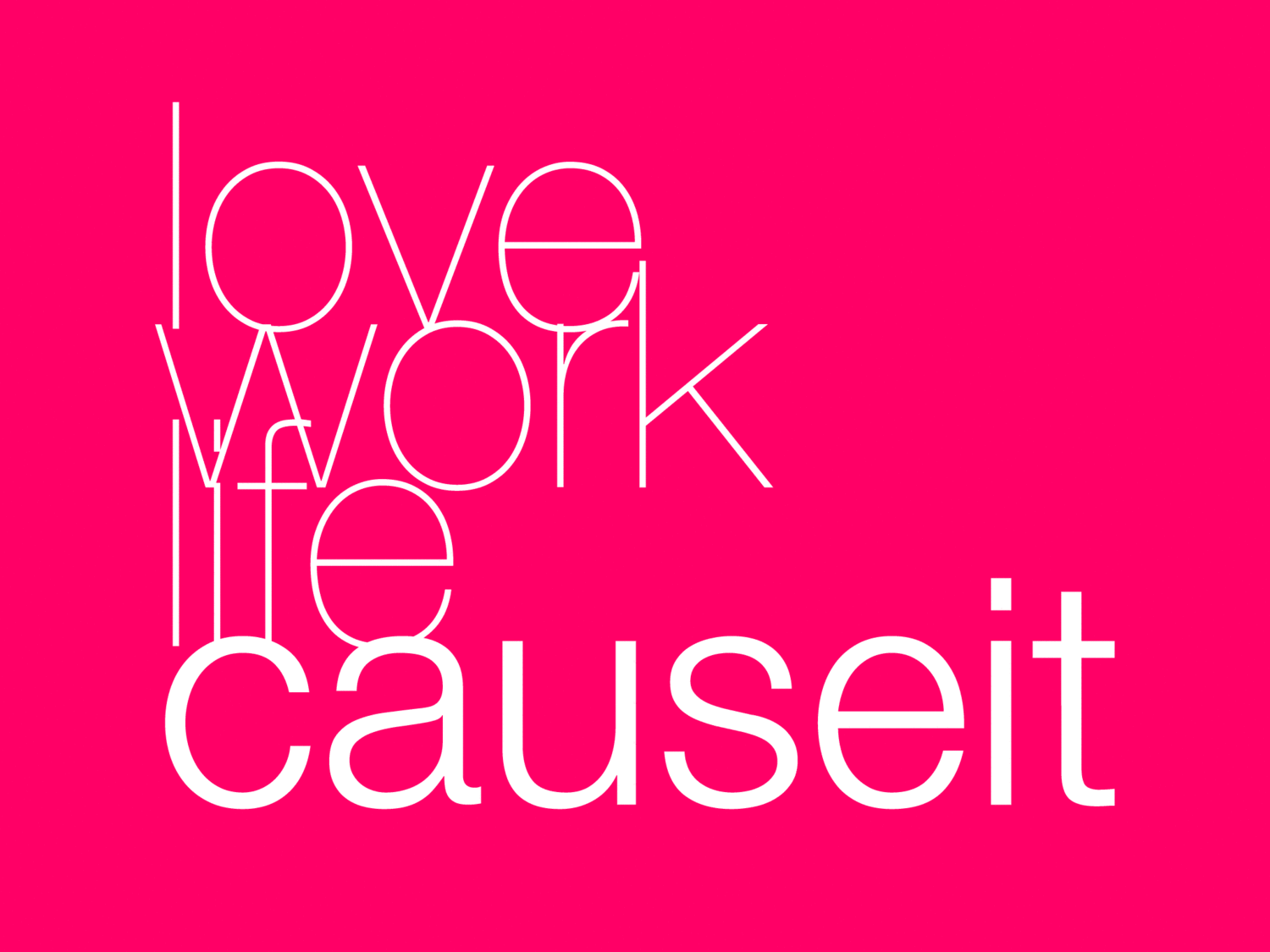Mark Bonchek describes how true leadership comes from empowering individuals with the tools, guidance, and confidence they need to succeed.
Feedback Loops, Empathy and the Importance of Outrospection
As the world shifts towards more-networked organizations, the creation of feedback loops is more important than ever. An organization's capacity for empathy determines whether or not its products and services will actually serve the people it is trying to earn money from, and its awareness of what motivates its competitors, regulators and even its own staff will determine its ability to form important strategic alliances, form public-private partnerships and retain its workforce.
Teams of Lone Wolves
I first started conceiving of misfits and misfit teams when I began to reflect on my own employment process. As an unusual, "over"-sensitive and intelligent kid with no siblings, I often balked at oversimplified directions, experienced a bruised ego when receiving criticism, and struggled with how to participate in team or group environments. By the time I entered the workforce, I had developed a complex web of insecurities and related defenses designed to protect against the embarrassment of making public mistakes, compensating with my intelligence. It was in my first management position, which happened at about the same time I was engaging in lot of personal development work, that I really saw the impact.
Healing the Wounds of the Assembly Line with Feedback Loops and Doctrine
Often, the focus on the ideal of the cross-functional, interdisciplinary, extroverted worker results in questions being asked which the average employee is insufficiently skilled to answer. In her book Quiet, Susan Cain cites the example of one of her research technical interviewees' recollection of a 'murder board,' a panel of decision-makers whom engineers had to face in order to get their new ideas considered for funding and other resources. One can imagine a hard-faced panel of besuited men tearing down the brilliant if meek engineer with the smug expressions of a young MBA grad: "What's your marketing plan!," they might shout, "
Creatives, Non-Linear Thinkers and So-Called Misfits
I was recently asked to weigh in on how to support the creative worker. It's a broad, almost-impossible question: how does one even begin to categorize such a person? So I chose to respond by focusing on the elements of the workplace which enable creativity, both culturally and structurally, to support the rise of good ideas and ease for those bringing good ideas to light.
The Spectrum of Introversion to Extroversion
Most leadership guides, hiring manuals and educational practices are grounded in the idea of supporting collaboration and motivating employees by having extroverts lead. The history of how this came to be is detailed in the revealing title by Susan Cain, Quiet: The Power of Introverts in a World That Can't Stop Talking.






